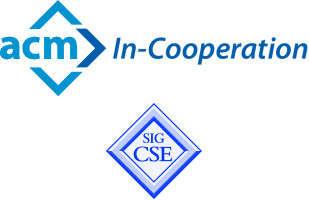WCCCE 2023
The Western Canadian Conference on Computing Education (WCCCE) 2023 May 4-5, 2023, The University British Columbia, Vancouver, Canada
Conference
After a multi-year pause to an in-person conference forced on us by COVID -19, we are pleased to announce the 25th Western Canadian Conference on Computing Education. The conference is a forum for discussing the development of computing programs and curricula, and for sharing innovative strategies and tools for teaching & learning in fields such as computer science, software engineering, computer technology, information systems and information technology. It will bring together educators from the western provinces, the rest of Canada, and beyond, giving them the opportunity to share their experiences and learn from one another. The Department of Computer Science at The University of British Columbia is pleased to be hosting the conference in 2023.Venue
WCCCE 2023 will take place in Vancouver, British Columbia, Canada on May 4-5, 2023. The conference sessions will be held on The University of British Columbia Vancouver campus. WCCCE 2023 will have a hybrid format.Important Dates
- Submissions due:
March 25, 2023extended to March 27, 2023 - Author notifications: early April, 2023
- Conference: May 4-5, 2023
Keynote Speakers
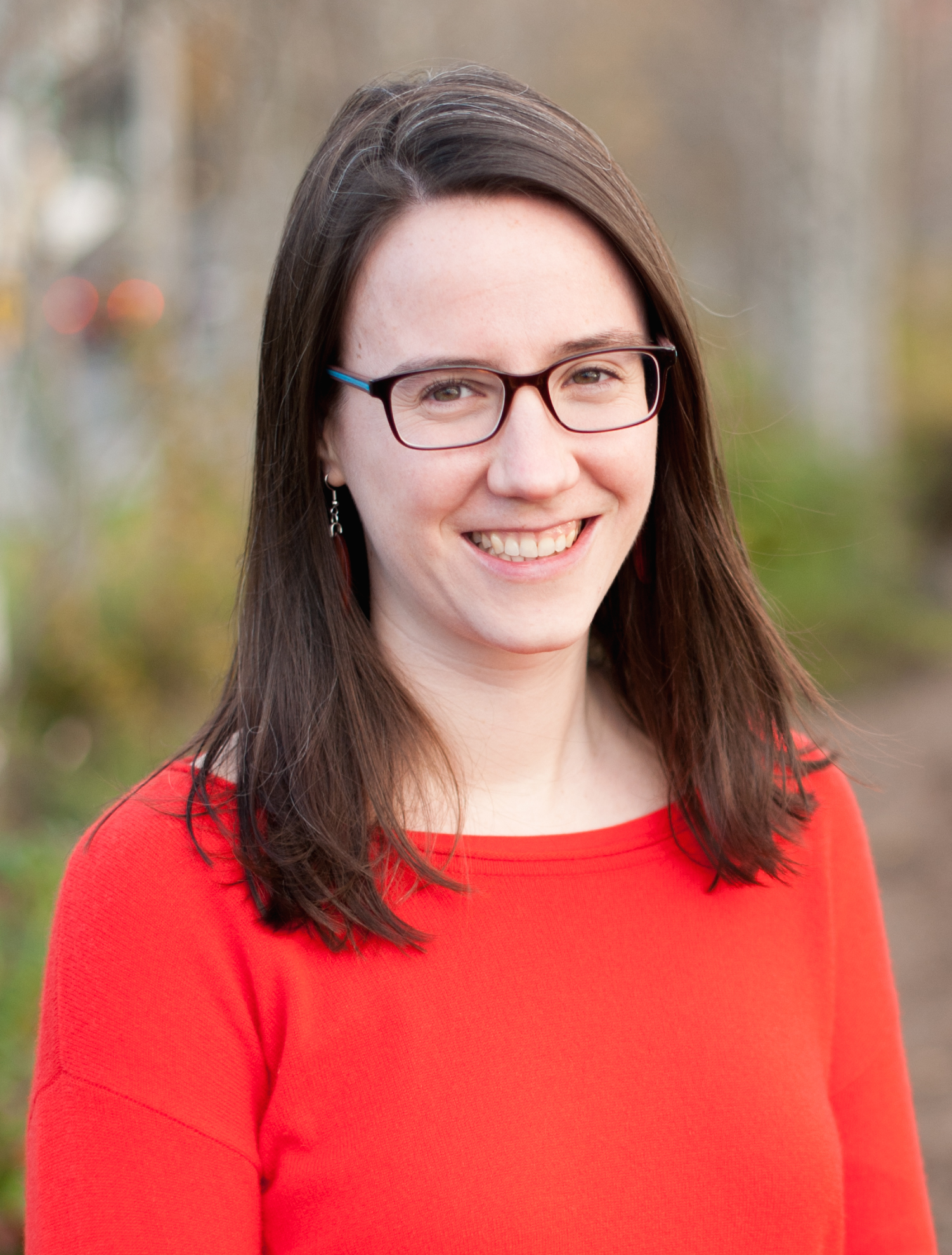 Dr. Eleanor O'Rourke
Dr. Eleanor O'Rourke
Why Do Students Think They're Bad at Programming? Understanding and Supporting Motivation and Learning in CS1
In this talk, I will introduce a surprising motivational challenge in the domain of computer science education: students often think they're bad at programming, even when they are performing well. I will present a series of studies showing that students in introductory courses at the university level assess their own programming ability frequently, using criteria that are often misaligned with best practices (e.g. "I should be able to debug quickly based off a first glance"; "I shouldn't have to sit there and think"). Then, I will show how we can use these self-assessment criteria as a lens to better understand student experiences and the ways they approach learning. Finally, I will present initial research exploring how we can help through the design of both curricular interventions and intelligent programming environments that help students re-frame these experiences. Through this body of work, I will demonstrate the value of conducting research that crosses the boundaries of computer science and the learning sciences to deeply understand learning contexts and inform the design of novel learning environments.
Bio: Eleanor O'Rourke is an Assistant Professor in Computer Science and the Learning Sciences at Northwestern University, where she co-directs the interdisciplinary Delta Lab. Her research explores the design of novel computational systems to support motivation and learning in STEM domains. Recent projects include studying student beliefs about programming ability in introductory computer science courses, designing game mechanics that encourage students to practice problem-solving skills, and developing web inspection tools that allow novice developers to learn directly from authentic professional websites. Her interventions have been used by over 100,000 students online, adopted by companies, and integrated into classrooms. Her work has been recognized through an NSF CAREER Award, a Google Systems Research Award, and best paper awards and nominations at SIGCSE, UIST, and CHI.
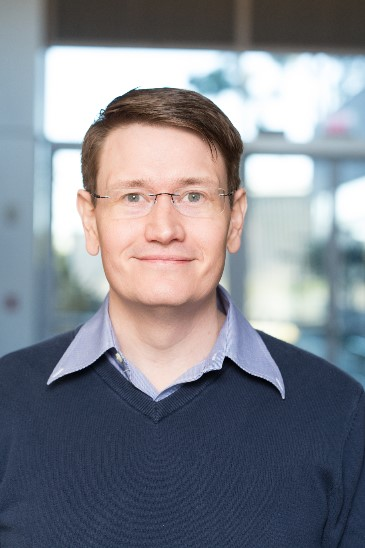 Dr. Leo Porter
Dr. Leo Porter
Using Computing Education Research to Understand and Aid Our Students
At the core of most computing education research projects is the desire to better understand our students and identify ways of improving their outcomes. In this talk, we will examine three examples of how I have used computing education research studies to learn about computing students and evaluate interventions aimed at improving their outcomes. First, we will examine the adoption and evaluation of Peer Instruction in computer science, including the evidence that it is valued by students, improves student learning, reduces failure rates, and may contribute to improved retention of CS students. Second, we will examine our finding that a surprising number of students enter later computing courses with a level of prerequisite course proficiency below what instructors' might expect. Third, we will look at how the use of the validated Clance IP Scale has identified that a majority of our computing students struggle with Imposter Phenomenon and that female students are more likely to suffer from Imposter Phenomenon than male students. In each example, I will address important next steps for teachers as well as the broader computing education research community.
Bio: Leo Porter is an Associate Teaching Professor in the Computer Science and Engineering Department at UC San Diego. He is best known for his research on the impact of Peer Instruction in computing courses, the use of clicker data to predict student outcomes, and the development of the Basic Data Structures Concept Inventory. He co-teaches the popular Coursera Specialization "Object-Oriented Java Programming: Data Structures and Beyond" with over 300,000 enrolled learners and the first course in the edX MicroMasters in Data Science, "Python for Data Science", with over 200,000 enrolled learners. He has received six Best Paper Awards, SIGCSEs 50th Year Anniversary Top Ten Symposium Papers of All Time Award, an Outstanding Teaching Award from Warren College, and the Academic Senate Distinguished Teaching Award at UC San Diego. He is a Distinguished Member of the ACM and currently serves as Secretary of the SIGCSE Board.
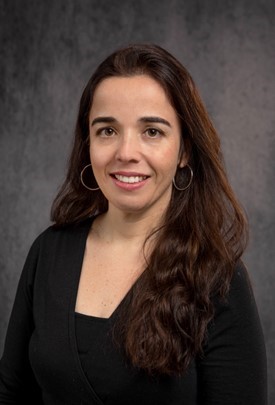 Dr. Mariana Silva
Dr. Mariana Silva
Innovative Online Tools to Improve Learning, Access, Equity, and Sense of Belonging
For the past three years, instructors have been challenged to find creative and efficient alternatives for teaching in remote and hybrid formats, creating an opportunity to explore innovative teaching pedagogies, such as flipped classrooms, computer-based assessments, and online testing. In this talk, I will describe how the adoption of an online assessment tool (PrairieLearn) has enabled: a) the implementation of computer-based collaborative synchronous and asynchronous activities for flipped lectures, b) the adoption of flexible deadlines allowing students to complete formative assessments at different paces, and c) the offering of online and in-person sections of the same course without sacrificing the quality of instruction. I will also discuss how these changes have impacted students' performance, satisfaction, and sense of belonging.
Bio: Mariana Silva is a Teaching Associate Professor at the University of Illinois Urbana-Champaign. Her interests include teaching innovations, as well as large-scale computer-based assessments and collaborative learning in STEM university courses; she has extensive experience in course development for engineering, computer science, and mathematics. She is currently the PI for the NSF IUSE grant "Enhancing equity and access via digitally-mediated collaborative learning experiences" which aims to explore connections between online learning, equity, and access. Silva is passionate about teaching and improving the classroom experience for both students and instructors.
Cooperating Organizations
WCCCE 2023 is presented in cooperation with the ACM Special Interest Group on Computer Science Education (SIGCSE).
Sponsors

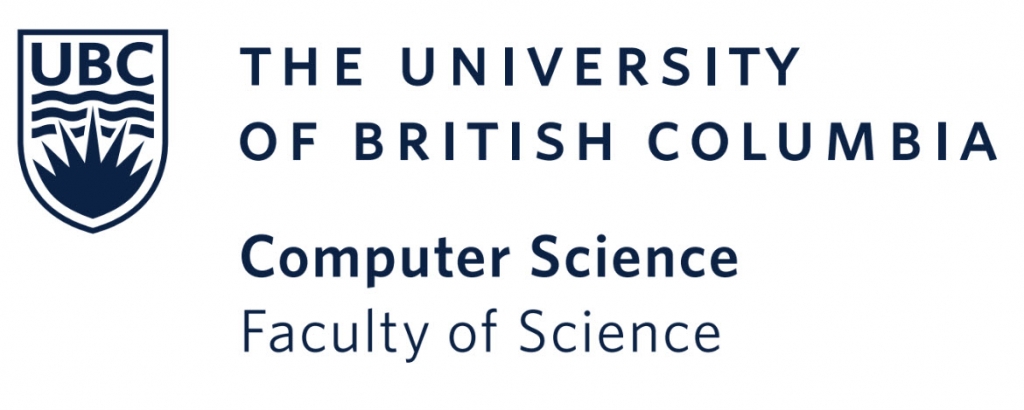
We extend our sincere thanks to our sponsors. This event would not be possible without your support.

